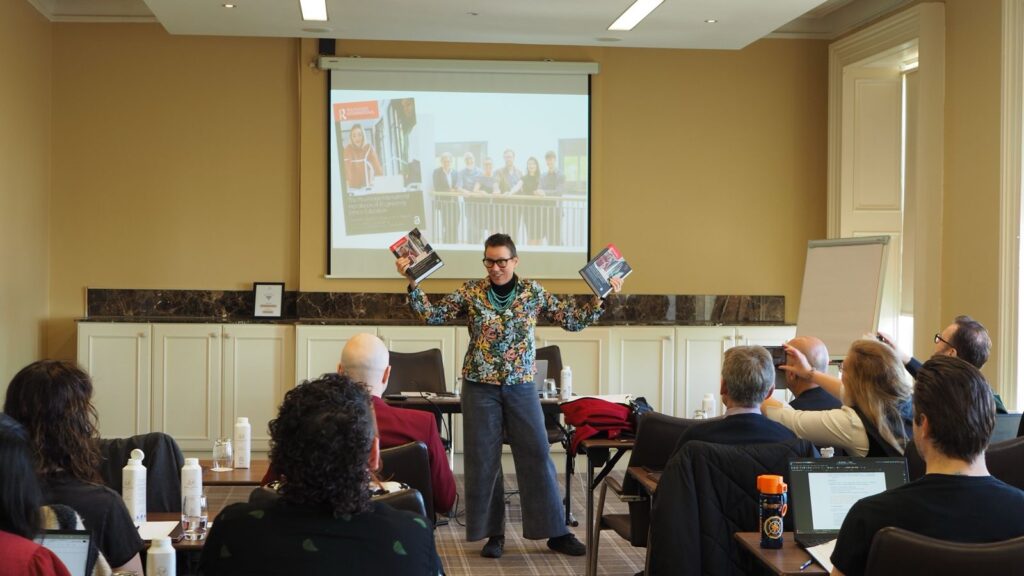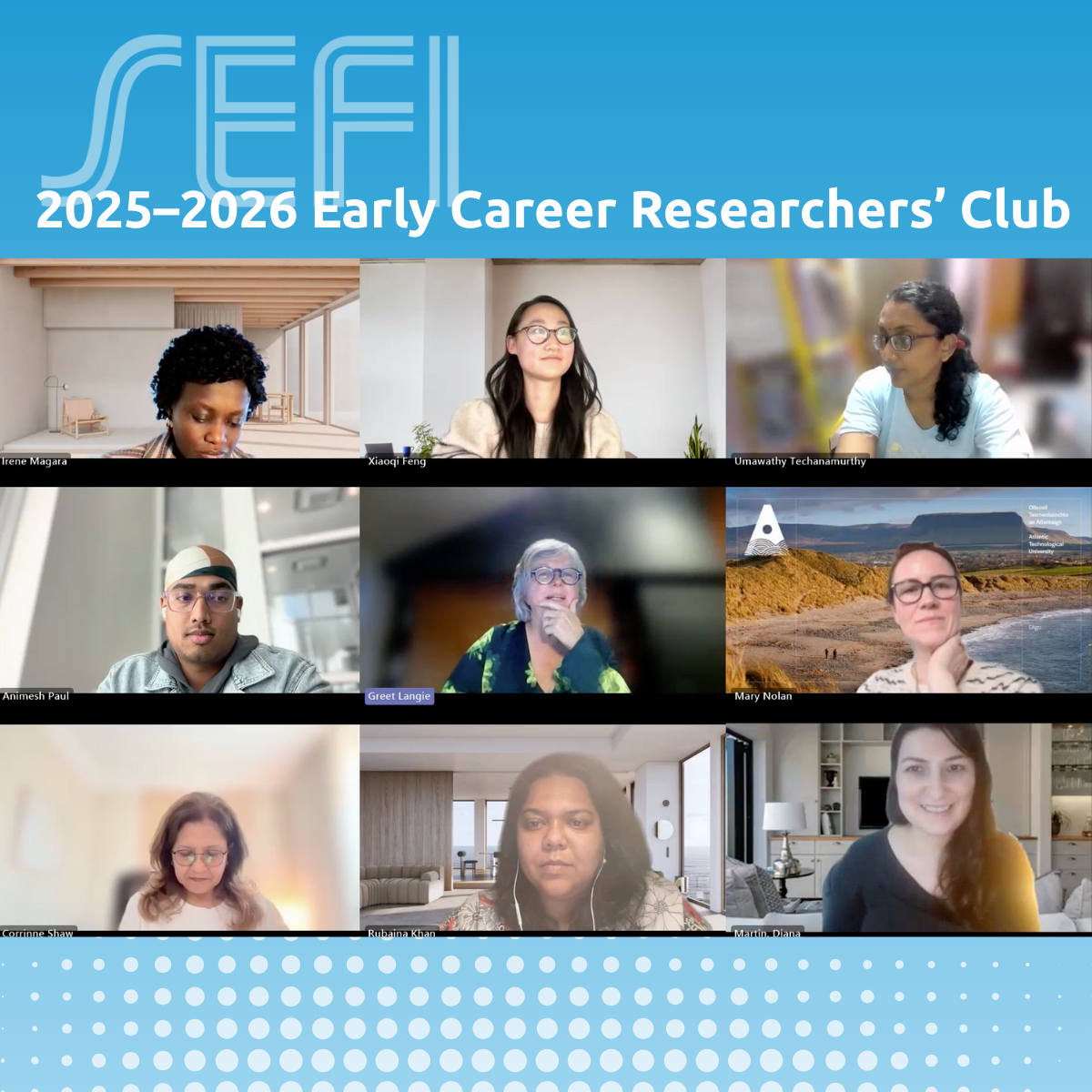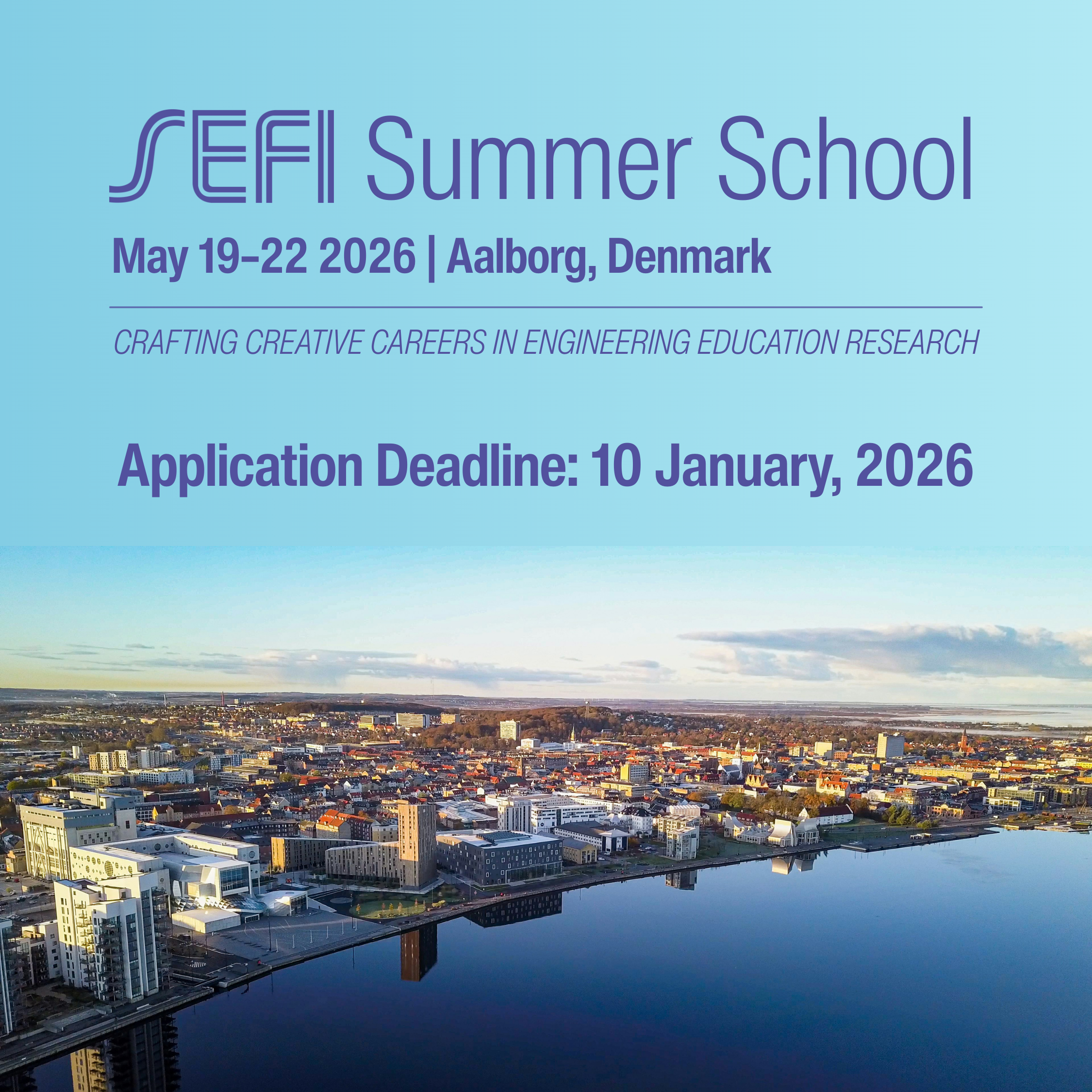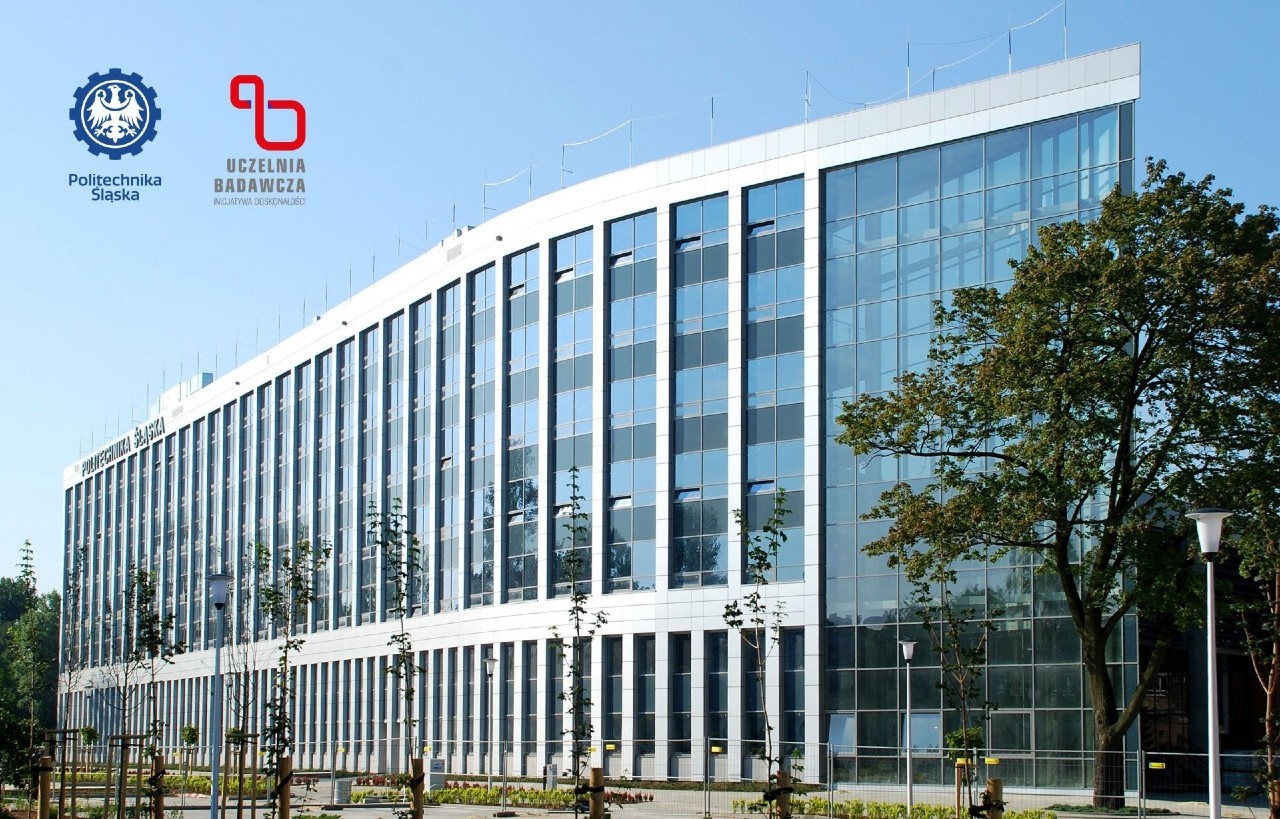The SEFI Early Career Researchers’ Club is a 9-month initiative designed to support and connect…
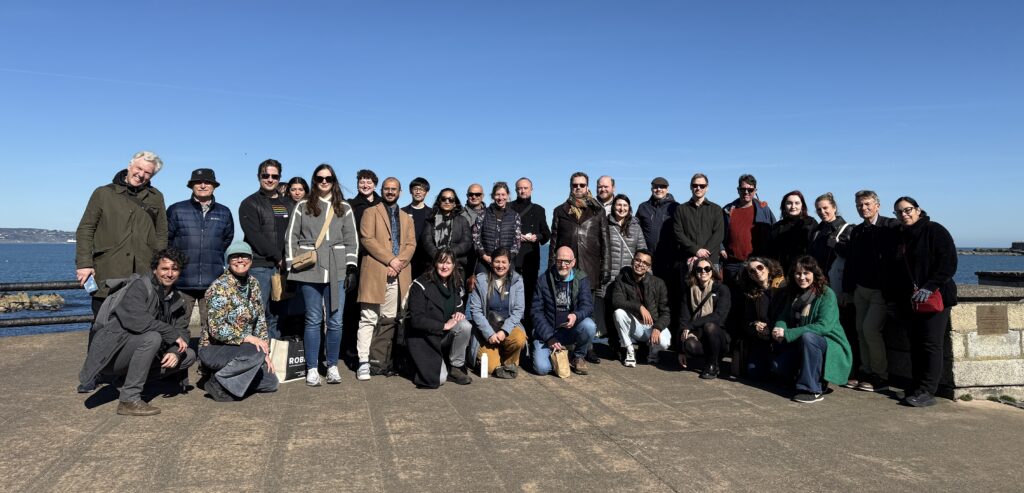
From 24 to 26 March, 35 delegates from around the world gathered at the Royal Marine Hotel in the beautiful seaside village of Dún Laoghaire, Ireland, for the 2025 Ethics Spring Symposium. The event focused on building community capacity in engineering ethics education, bringing together teachers and researchers from diverse career stages and backgrounds.
The group celebrated and made plans to apply and extend the themes of The Routledge International Handbook of Engineering Ethics Education (RIHEEE), a project produced by the SEFI Ethics special interest group with comprehensive, state-of-the-art coverage of how to educate future engineers about ethics.
SEFI Board member Shannon Chance hosted the symposium on behalf of TU Dublin’s School of Architecture, Building and Environment Research (SABER) group and organised it in collaboration with SEFI Ethics co-chairs Diana Adela Martin and Mircea Tobosaru. Read Shannon Chance’s reflections about the symposium on her blog.
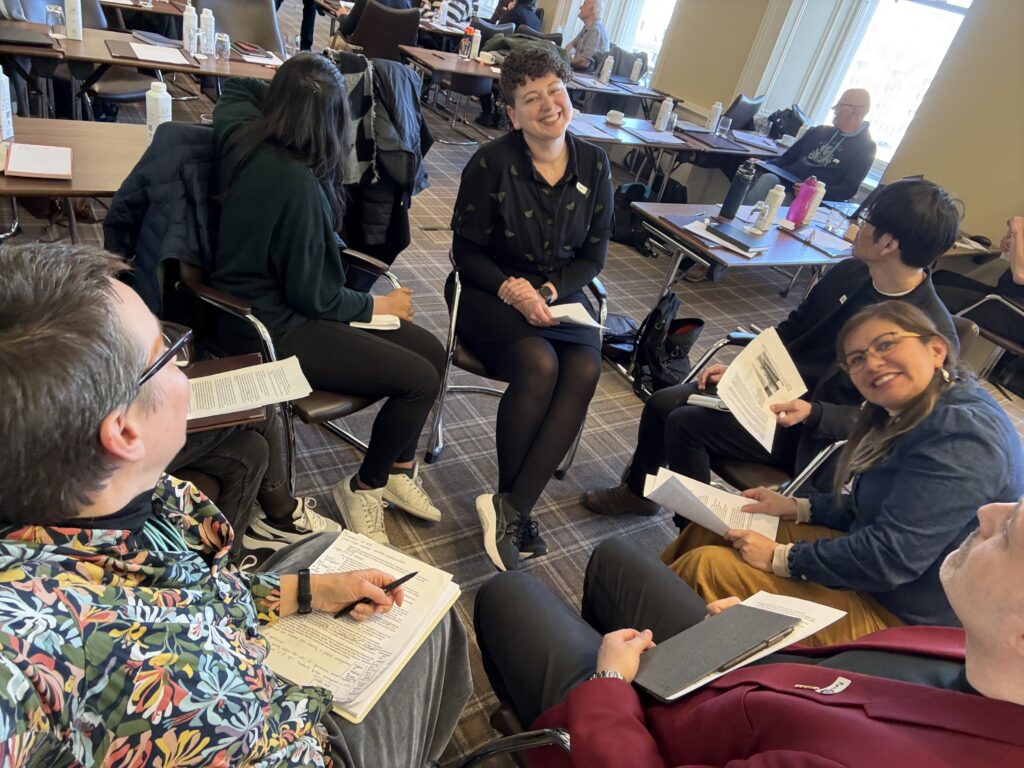
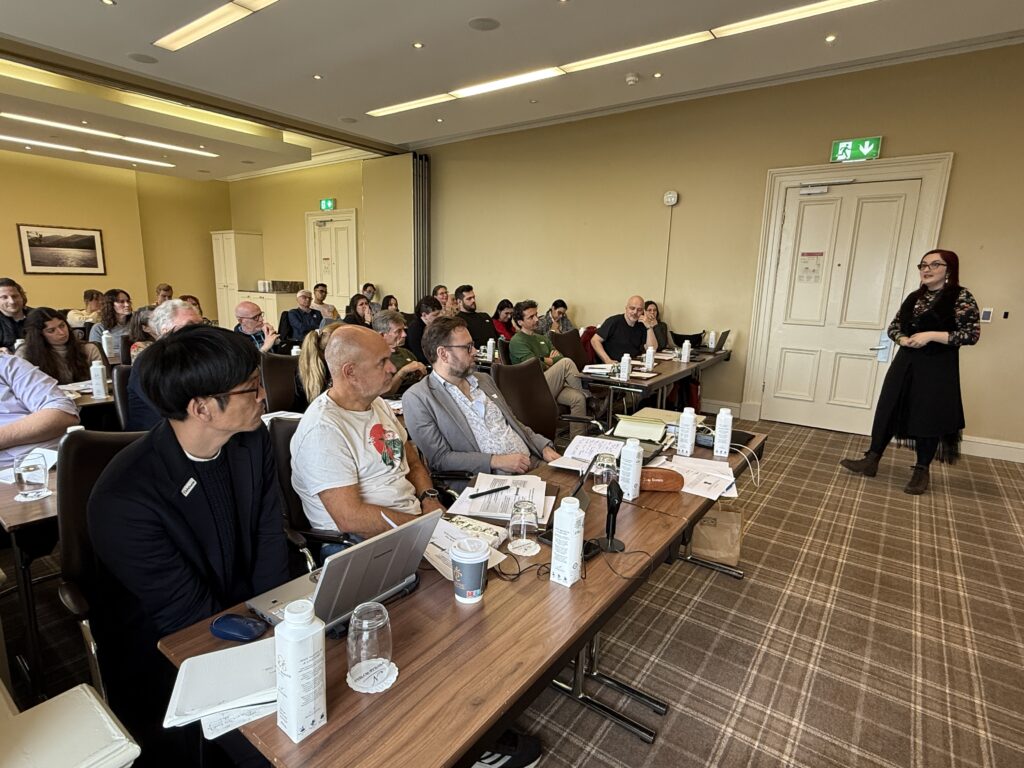
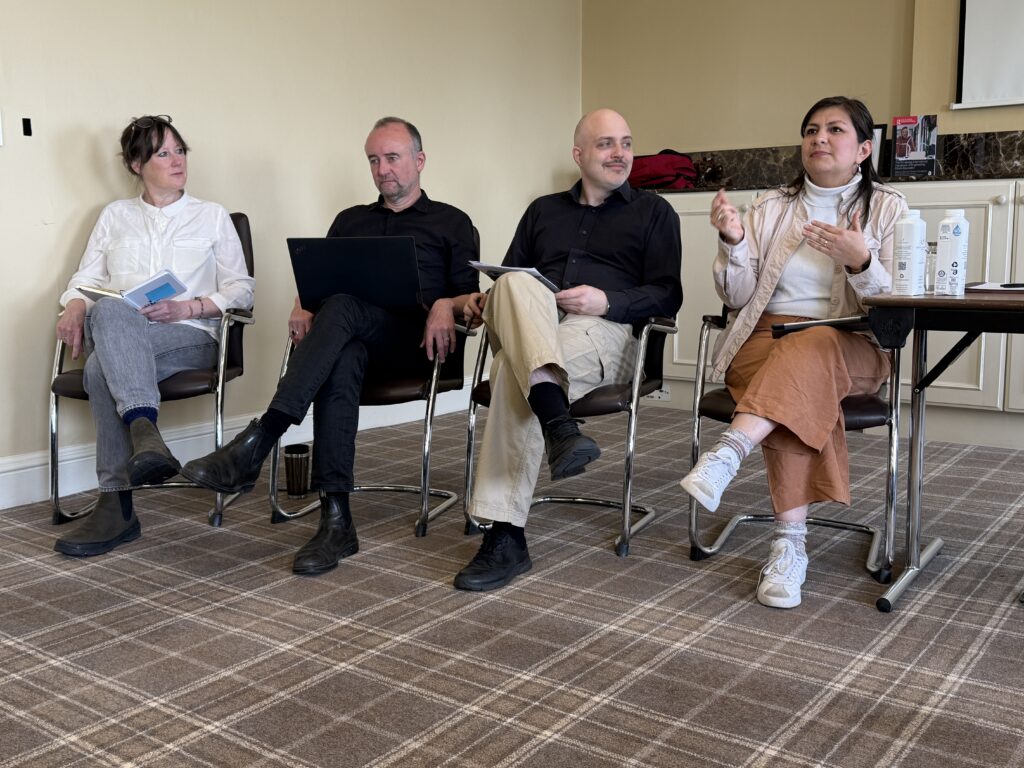
Comprehensive Program Explores Ethics in Engineering Education
The action-packed three-day event featured a rich program of activities, including:
Keynote presentations on critical topics:
- Care Ethics by Mary Nolan
- Truth by Paula Tomi
- Techno-Anthropology and Engineering Ethics Education by Tom Børsen
Interactive workshops delving into specialised areas:
- Care Ethics
- AI experimental philosophy
- The Archimedean Oath
- Quantitative Methods & Ethics
Panel discussions covering foundational aspects, interdisciplinary perspectives, discipline-specific approaches, teaching methods, assessment, and accreditation of EEE
The panels were designed to collect and consider a range of perspectives from potential users of the handbook material. We asked the panellists to read their respective sections and consider: What patterns can they see? What’s covered well? Are there gaps or missing perspectives? How can we translate the content for appeal and usefulness (e.g., for teachers, university administrators/managers)? What should our community do next to apply or expand on the theme?
A unique highlight was Roland Tormey’s literary walking tour of Dún Laoghaire, which provided participants with local cultural context.
Global Representation
Participants represented a truly international cohort, including academics from:
- Europe (Ireland, UK, Portugal, Hungary, Norway, Spain, Romania, Denmark, Switzerland, Belgium, France)
- Asia (Japan)
- Africa (South Africa)
- North America (United States, Canada)
Handbook Availability
The accompanying handbook is available in open-access digital format here.
